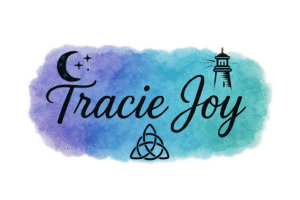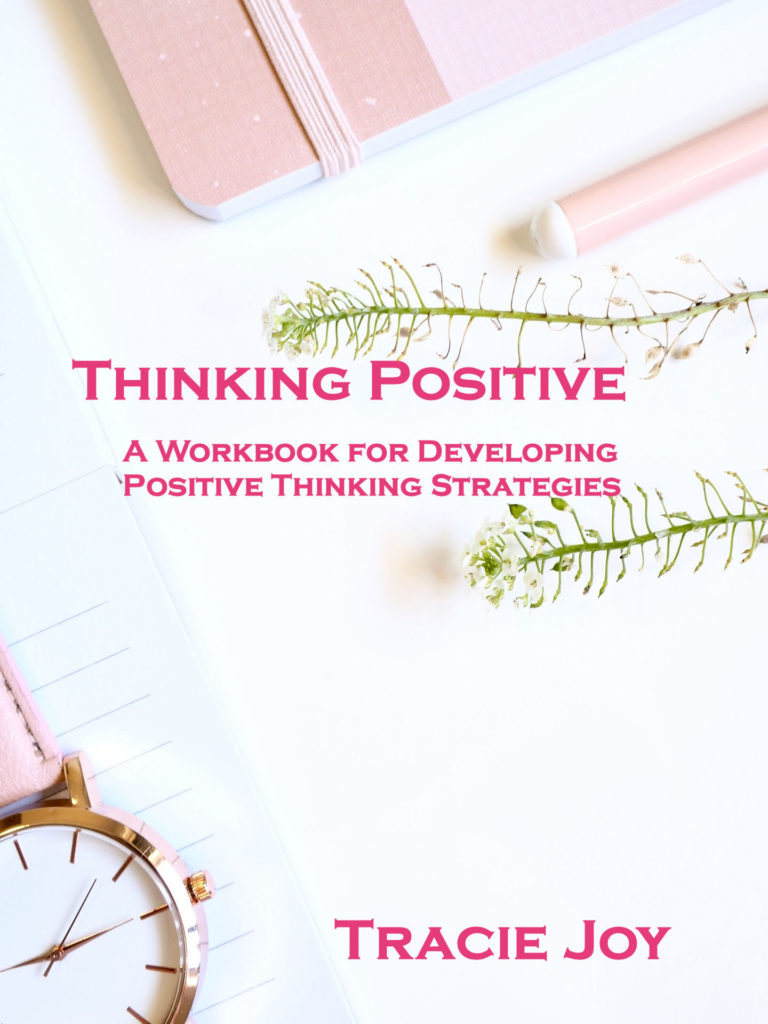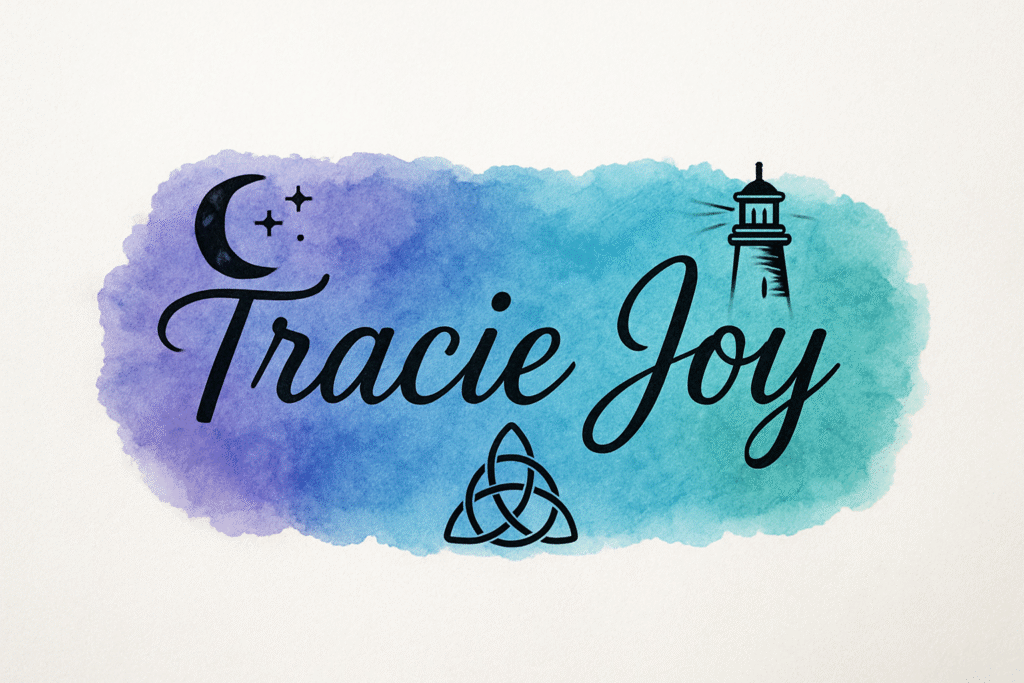Your muse isn’t lazy. She is careful, curious, and a little shy. She does not love bright lights, barking orders, or a stopwatch. If you have felt blocked, if  you have stared at the blinking cursor and wondered where your spark went, chances are you did not lose it. You might be unintentionally scaring it away.
you have stared at the blinking cursor and wondered where your spark went, chances are you did not lose it. You might be unintentionally scaring it away.
Today I want to play with a metaphor that feels both honest and helpful. Your creative spark is a guest, not an employee. If the room feels harsh or hostile, she slips out the side door. That does not mean you are broken. It means the conditions are not yet welcoming. The good news is that you can change the conditions. You can invite her back.
Creativity is not constant output
We live in a culture that treats creativity like a factory line. More, faster, now. That mindset confuses productivity with aliveness. When we push too hard, we cross a line from steady effort into pressure, and that pressure dries out the soil where ideas grow. It is not a moral failure to need rest. It is  biology. Your brain does its richest connecting when it has space to wander, which researchers often link to the brain’s default mode network. If you want a primer, the Default Mode Network overview is a useful starting point.
biology. Your brain does its richest connecting when it has space to wander, which researchers often link to the brain’s default mode network. If you want a primer, the Default Mode Network overview is a useful starting point.
When you forget this, you may conclude the problem is you. You call yourself lazy. You fear the spark is gone. Please hear me: your muse isn’t lazy, and you are not either. You are likely tired, over scheduled, and judging yourself before you even begin. That combination scares off curiosity every time.
Five common ways we scare creativity away
- Instant criticism. You think one line and a voice snaps, “That is cliché.” Your muse does not want to argue. She wants to explore.
- Chronic exhaustion. You work late, sleep short, and expect magic on command. The tank is empty. There is nothing wrong with you. You need fuel.
- Perfection at the starting line. You wait for a perfect mood, a perfect schedule, a perfect tool. Waiting becomes avoidance.
- Comparison spirals. You scan social feeds, then declare that everyone else is doing it better. Comparison does not inspire. It freezes.
- Starving your curiosity. No walks, no odd conversations, no weird little articles, no art. Your muse cannot cook without ingredients.
Notice how none of these are laziness. They are protection strategies. They try to keep you safe from disappointment. But protection at all costs creates a room where your guest cannot breathe. If you want a friendly nudge on caring for that guest, the classic reminder on gentle creative care at Skinny Artist always lands for me. And if you like long term practices, Julia Cameron’s The Artist’s Way is a reliable well.
You do not need more willpower, you need permission
When the room feels safe, your guest returns. Safety looks like permission. Permission to be messy. Permission to rest. Permission to write one terrible paragraph and call that a win. That is not lowering standards. That is sequencing. You make room for discovery first, then you polish later.
Many writers rediscover flow when they shift from “perform now” to “play first.” If you want a practical craft blog that echoes this mindset, the evergreen articles at Helping Writers Become Authors are gold. For a friendly push toward sharing imperfectly, Austin Kleon’s site for Show Your Work makes a strong case that small, open steps invite momentum.
Seven ways to woo your muse back
1) Create tiny threshold rituals
Light a candle, open the same notebook, or press play on a favorite instrumental track. Keep it simple. The brain loves cues. Over time your ritual becomes a doorway. Walk through it and your body understands what comes next. Do not wait for a perfect hour. Offer five minutes. Your muse isn’t  lazy, she is cautious. Show her a doorway she can trust.
lazy, she is cautious. Show her a doorway she can trust.
2) Journal the fear before you write
Give the anxious part of your mind one page to say everything. What if it is bad, what if people hate it, what if this has been said, what if I am late. Let it all out in blunt, simple sentences. Then close that page and begin. You honored the fear, so it does not have to ride shotgun.
3) Draft like a kid, edit like a pro
Separate play from precision. Call your first take a “dummy draft.” You are not building a cathedral. You are gathering stones. Later you will stack and carve. This simple frame rescues many sessions, because it tells your nervous system that discovery is allowed. Again, your muse isn’t lazy, she just prefers playgrounds to performance reviews.
4) Cross-pollinate on purpose
Go find strangeness. Read one poem. Walk a new block. Try a museum audio tour. Follow a rabbit hole on folklore or space weather. Novel inputs feed novel ideas. If you like a friendly checklist for refilling your well, try Cameron’s artist dates above or even a skim through Anne Lamott’s Bird by Bird for sanity and humor.
5) Protect rest like it is part of the job
Because it is part of the job. Sleep, short walks, and screen-free pockets help your mind link distant ideas. The science crowd will point you back to that default mode network primer. In practical terms, rest is not the reward for finishing. It is the soil that makes finishing possible.
6) Schedule “muse dates”
Block one hour per week for a curiosity field trip. Coffee shop with a notebook. Thrift store textures. A bench near a river. You are not fishing for one usable paragraph. You are signaling that curiosity matters whether or not it pays you today. Signals like that change everything. Your muse isn’t lazy, she is relational. Show her that the relationship is not conditional on output.
7) Celebrate tiny returns
Three honest sentences count. A line that makes you sit up a little straighter counts. A page of notes on a character counts. When you celebrate these, you teach your body that the creative room is warm. Cynicism leaves. Courage enters. And yes, you guessed it, your muse isn’t lazy. She responds to gratitude and consistency.
Rewrite the story you tell yourself
Language shapes experience. Try this quick reframing table, then read your new lines aloud.
| Old Story | New Story |
|---|---|
| I am lazy. | I am recovering and resetting. |
| If I do not write every day I am failing. | Creativity ebbs and flows, and I can meet it with steadiness. |
| I need inspiration before I begin. | Beginning invites inspiration to join me. |
| Other people do this better. | My voice is mine, and it grows when I use it. |
Read that again because it matters. Your muse isn’t lazy. She is listening for a kinder script.
When burnout pretends to be laziness
Burnout often shows up as numbness. You feel flat. You say, “I do not care,” when you actually care so much that caring hurts. The brain tries to protect you with avoidance. That is why you suddenly crave cleaning, scrolling, organizing, researching, or tweaking fonts for three hours. None of this is failure. It is a signal. If you can answer signals with small, doable actions, momentum returns.
- Write for five minutes, then stop on purpose.
- Read one page out loud. Only one.
- Take a ten minute walk, then jot three sensory details you noticed.
These look tiny, and they are. That is why they work. Your nervous system relaxes. Curiosity peeks around the corner. Your muse isn’t lazy. She was waiting for the volume to drop.
A quick personal story
Not long ago, I hit a season where nothing sounded fresh. I kept setting bigger blocks of time, and I kept leaving them with nothing but frustration. One night I took a notebook to a coffee shop and wrote one line about the light on a scratched table. That was it. The next day I wrote two lines. The third day I wrote a crooked paragraph. Within a week an idea arrived that felt alive again. The shift was not a new tool or a trick. It was a tone change. I stopped pushing, and I started inviting. That was all it took. Your muse isn’t lazy. She heard the invitation and walked back in.
Internal link for more idea spark
If you want practical prompts to pair with this mindset, hop over to 7 Ways to Find Ideas When You Feel Stuck. It plays very nicely with everything here and gives you a menu you can try this week.
Closing thought
Invite, do not intimidate. Rest, then reach. Play first, polish later. Keep the door open with small rituals and kinder language. The truth is steady and kind: your muse isn’t lazy. She just needed you to make the room feel like home again.
Further reading and resources to explore: The Artist’s Way, Show Your Work, Default Mode Network overview, and the craft archive at Helping Writers Become Authors. None of these links are sponsored, just favorites to feed your curiosity.



